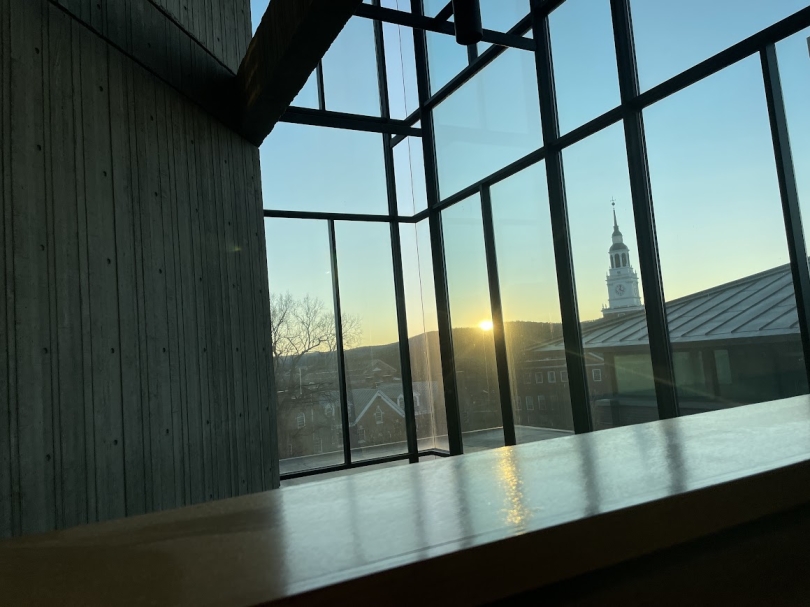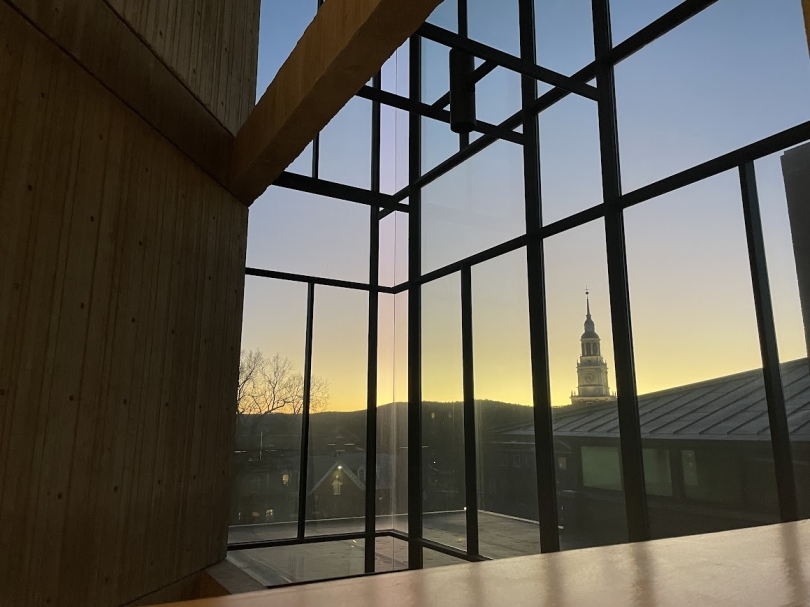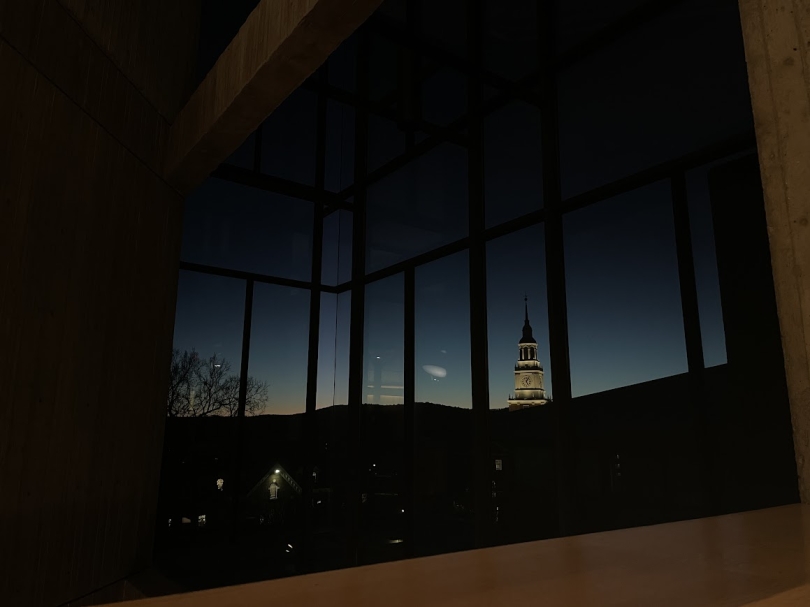
Unpacking the Meaning of "Research Opportunities"
This summer, I wrote a blog post about my first steps into research at Dartmouth; they were pretty wobbly first steps. When I was a high-school senior looking for my dream college (read here about how I found Dartmouth and how I decided to apply Early Decision), I used to find the term "research opportunities" frustratingly vague. And then, as a first-year, overwhelmed with the sheer number of things I needed to figure out about my existence as a Dartmouth student, I found the term frustratingly stressful. (It's supposed to be something cool and exciting, why is it stressful?)

In the spring, after having finally decided on my major (neuroscience), I spent a few afternoons perusing through the website of Dartmouth's Psychology and Brain Sciences department, looking up professors and their labs. That's how I found out about Professor Emily Finn and her Functional Imaging & Naturalistic Neuroscience Lab. That's also how I officially met Katie—Kathryn O'Nell, the graduate student with whom I'm working today.
Now that I'm about to finish my first term at Dartmouth as an undergraduate research assistant, I'd love to share with you one aspect of what it means to find a "research opportunity." (I'll be coming back to this topic, so watch out for more blog posts.)
First, though, let me tell you about Katie, my cheerful, always very excited, and very exciting-to-talk-to graduate student mentor.

I met Katie—unofficially—in my first-year writing seminar Cognitive Don Quixote (you can read more about this class here). Katie was a guest lecturer, who came to my class to present her research in cognitive psychology, and I stayed to talk with her after the lecture (we both have a very vague memory of me doing that, haha). Then, after I sent my CV to the FINN Lab, Katie saw an overlap between her interests and mine and invited me to the lab for an interview (only once I arrived at her office did I realize that we had already met). This term, Katie was also the teaching assistant for my Introduction to Computational Neuroscience class (so the overlap in interests became even more pronounced), and while talking about classwork one day, we realized that our paths had already crossed in the past without either of us realizing it. In my junior year in high school, I took an online course on artificial intelligence, the exercises for which turned out to have been designed by Katie!
"Small world!" said Katie.
I say that we were just bound to meet one day and work together. :)

After a term of working as an undergraduate research assistant, I can now extract some of the vagueness from the term "research opportunities at college." Programs like URAD (Undergraduate Research Assistantship at Dartmouth), which provide the so-called "research opportunities," actually provide you an opportunity to work closely with a graduate student or a professor who will mentor you, inspire you, and shower you with excitement about science, so that your own passion blossoms.















